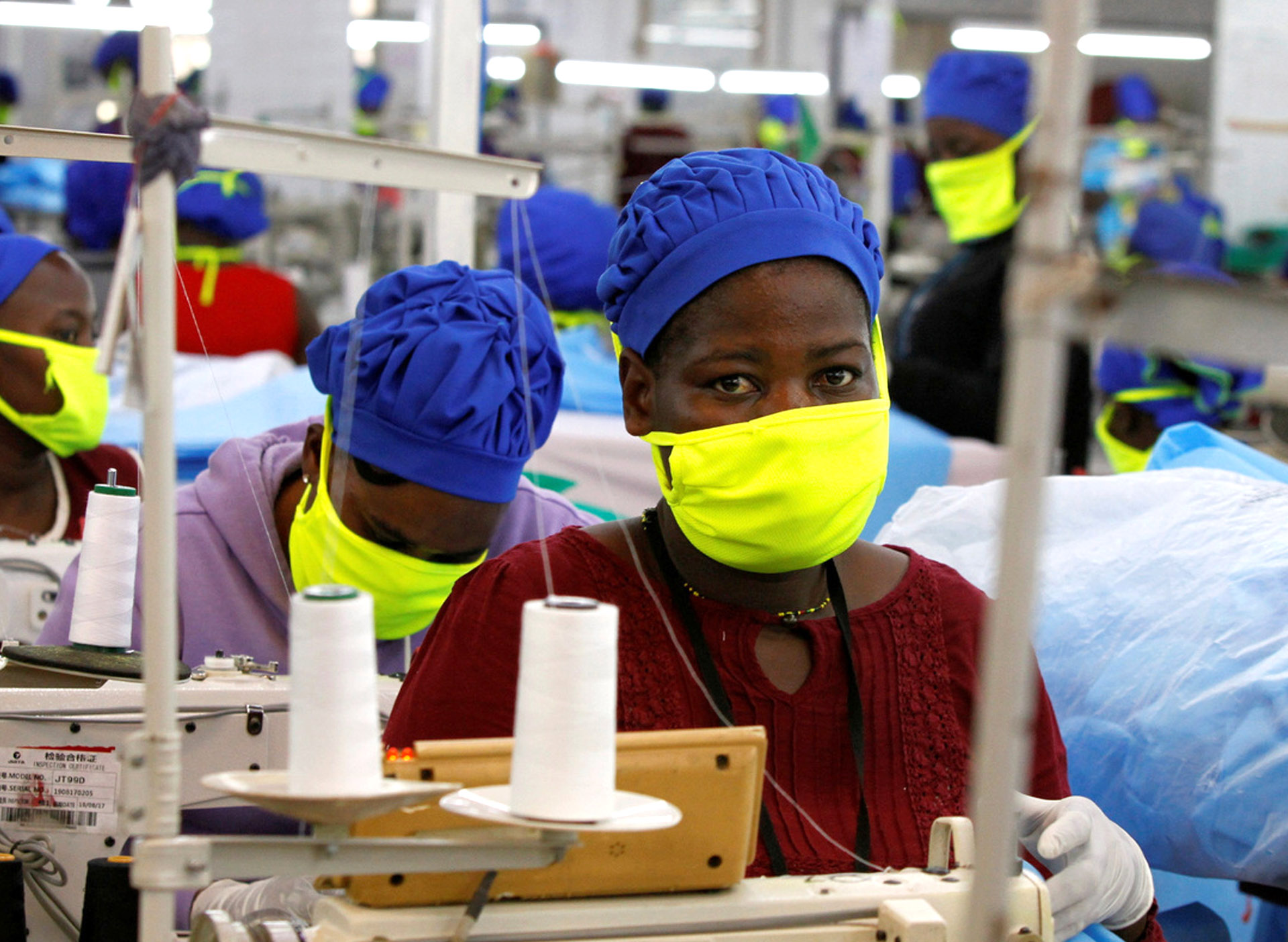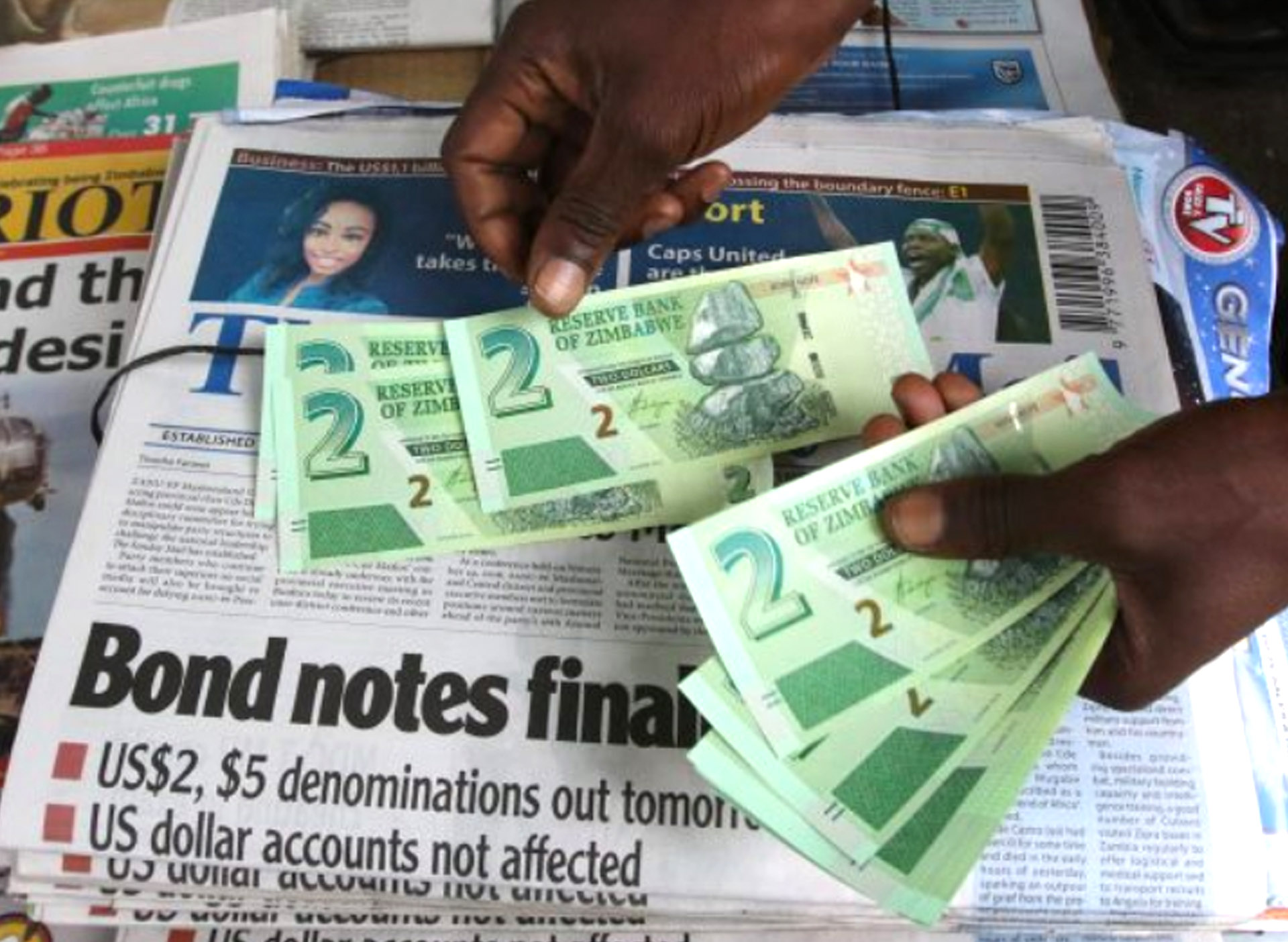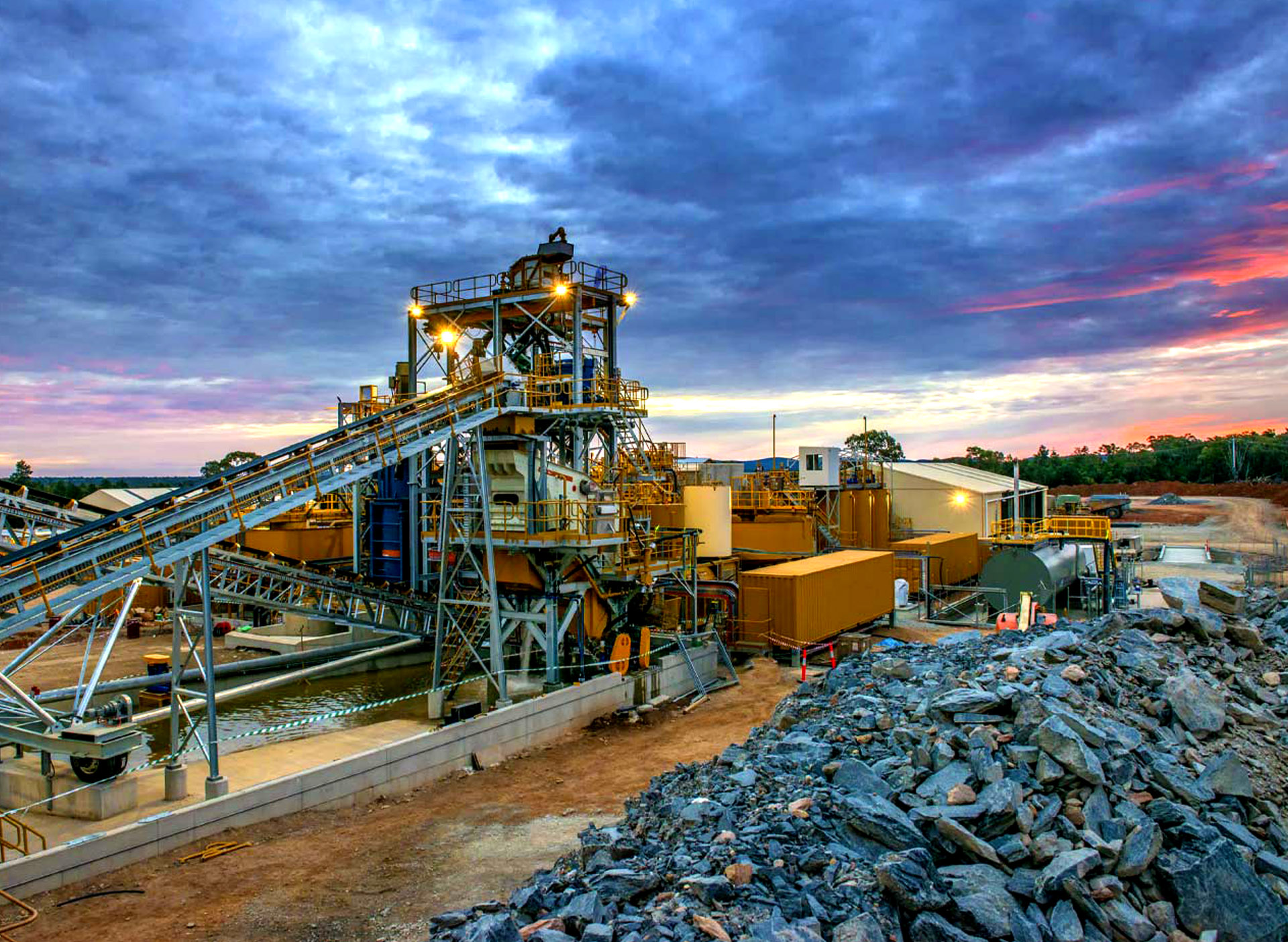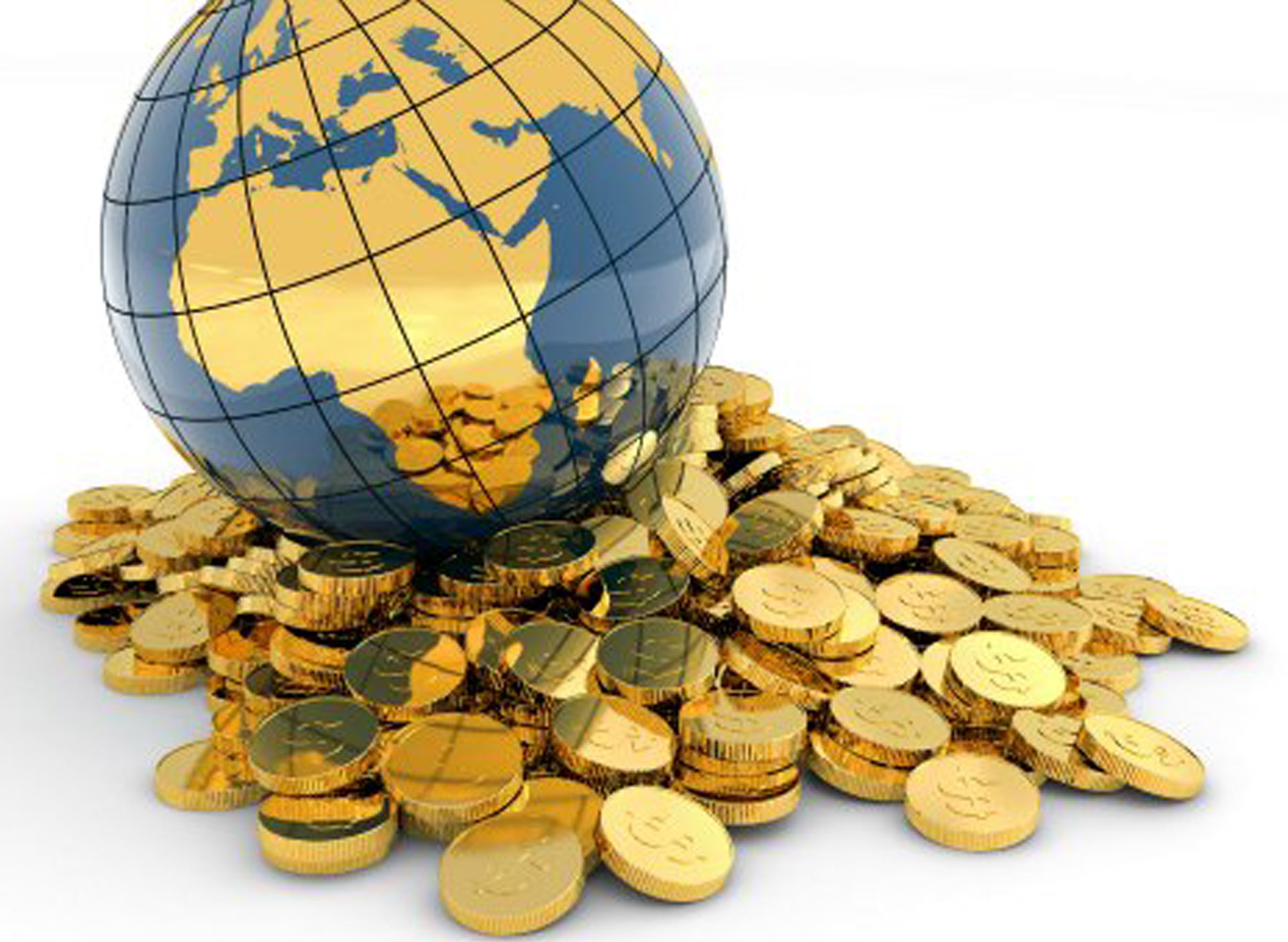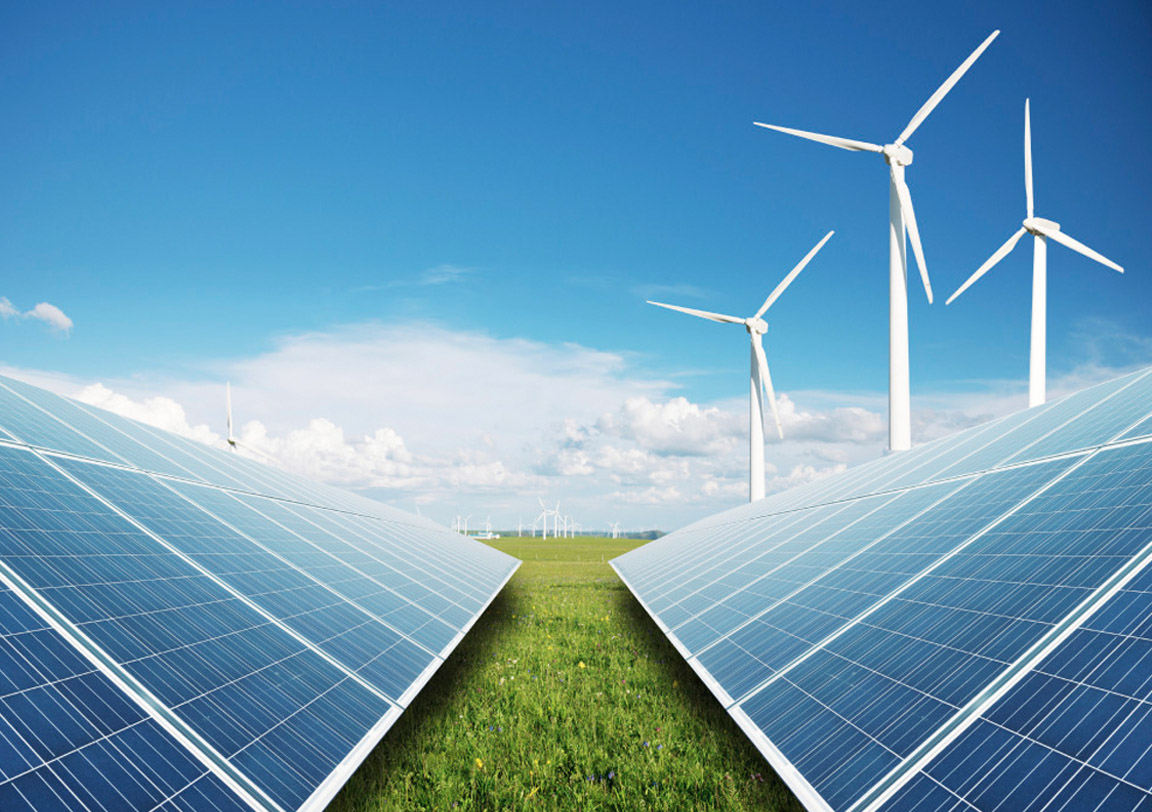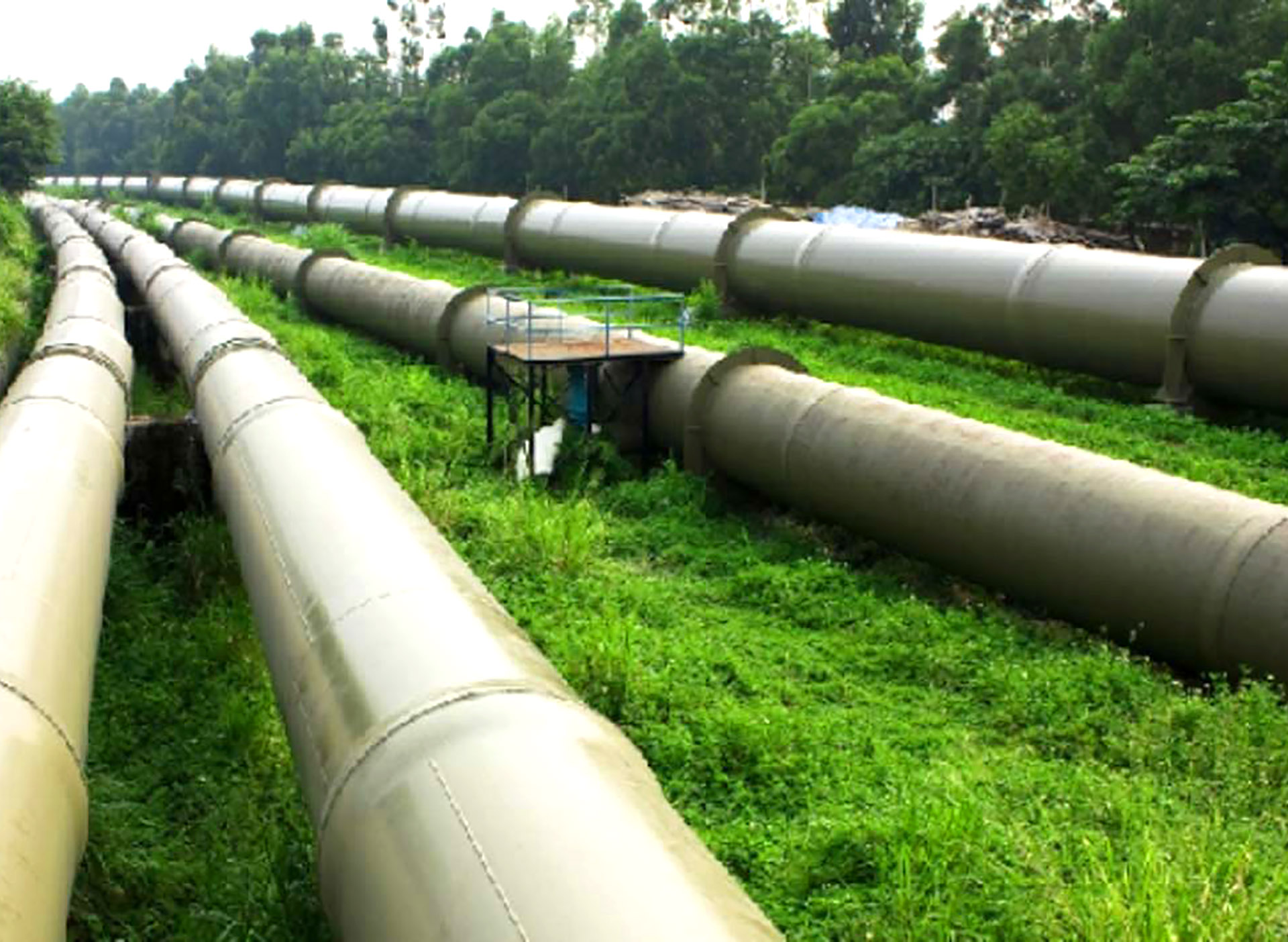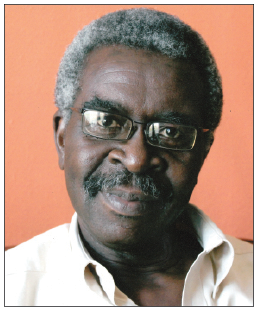 By Baba Thiam Hady, Thiam & Associes
By Baba Thiam Hady, Thiam & Associes
Recent reports from three respected international organisations sketch a relatively upbeat picture of economic prospects in the west African state of Guinea. This might be surprising to an uninformed outsider as Guinea has been a notorious case-study in governance and economic failure for more than half a century.
The country — sometimes known as Guinea-Conakry — is still one of the poorest in Africa and continues to face big developmental challenges, but the World Bank, the African Development Bank and the US Commerce Department all see glimmers of hope on the horizon.
A World Bank country overview in May 2019 highlights “robust growth” of 10 percent in 2016 and 2017 and 5.8 percent in 2018 — off a low base — driven by foreign direct investment in the mining sector. It adds that “investment in infrastructure and the expansion of the primary and tertiary sectors” remains strong.
The ADB says this growth is “bolstered by reforms aimed at improving the business climate, access to electricity, and investment in the agro-food sector” and predicts that real GDP will grow by 6 percent in 2019 and 2020.
“Guinea has exceptional mining potential, including two-thirds of the world’s known bauxite reserves, as well as gold, iron and diamonds,” says the ADB.
The US Commerce Department informs potential American investors in Guinea: “The return of political stability and the inauguration of a democratically elected president in 2010 facilitated international engagement” in the former French colony.
Anyone with Africa’s interests at heart will hope these words herald a new beginning for a country epitomising the continent’s malaise of underdevelopment, conflict and poverty.
From independence in 1958 onward, Guineans suffered under the rule of ruthless dictators and calamitous socialist policies.
The first democratic elections in 2010 saw long-time persecuted opposition leader Alpha Conde take control and a new dawn beckoning. However, the outbreak of Ebola in 2014 was a crippling blow, while conflict in neighbouring Sierra Leone and Liberia saw hundreds of thousands of refugees further straining Guinea’s struggling economy.
Internal political rumblings have also sapped optimism, with elections due in 2019 being postponed to 2020 and Conde intimating he wants to change the constitution to give himself a presidential third term — something he was once strongly against and which has inflamed the opposition.
Nonetheless, some of the world’s top economists see Guinea’s general trend as being upwards.
At present, mineral exports make up more than 90 percent of exports. The bauxite deposits are a glittering prize for bold investors. High-grade iron ore is already being exploited, though legal issues and falling global commodity prices have put a brake on the sector’s progress. Gold, diamonds and undetermined amounts of uranium and oil contribute to Guinea being one of the mineral-wealthiest places in Africa.
The US Commerce Department flags “great potential for companies which can contribute to Guinea’s infrastructure development” — in other words, build roads, railways and ports to facilitate activities.
It also points potential investors to opportunities in hydroelectric power, with numerous rivers and abundant rainfall suggesting Guinea could be a sub-regional power hub of note.
All this has the World Bank saying “natural conditions are favourable for growth”. But it cautions: “Guinea must improve its governance if it hopes to fully realise this potential and step up the structural transformation process.”
____________________________
LEX Africa is an alliance of law firms with over 600 lawyers in 25 African countries formed in 1993. More information may be found on www.lexafrica.com.
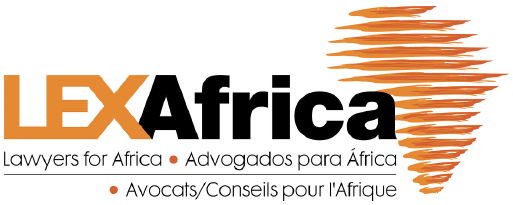
E: babahady.thiam@thiam-associes.com
W: www.thiam-associes.com


